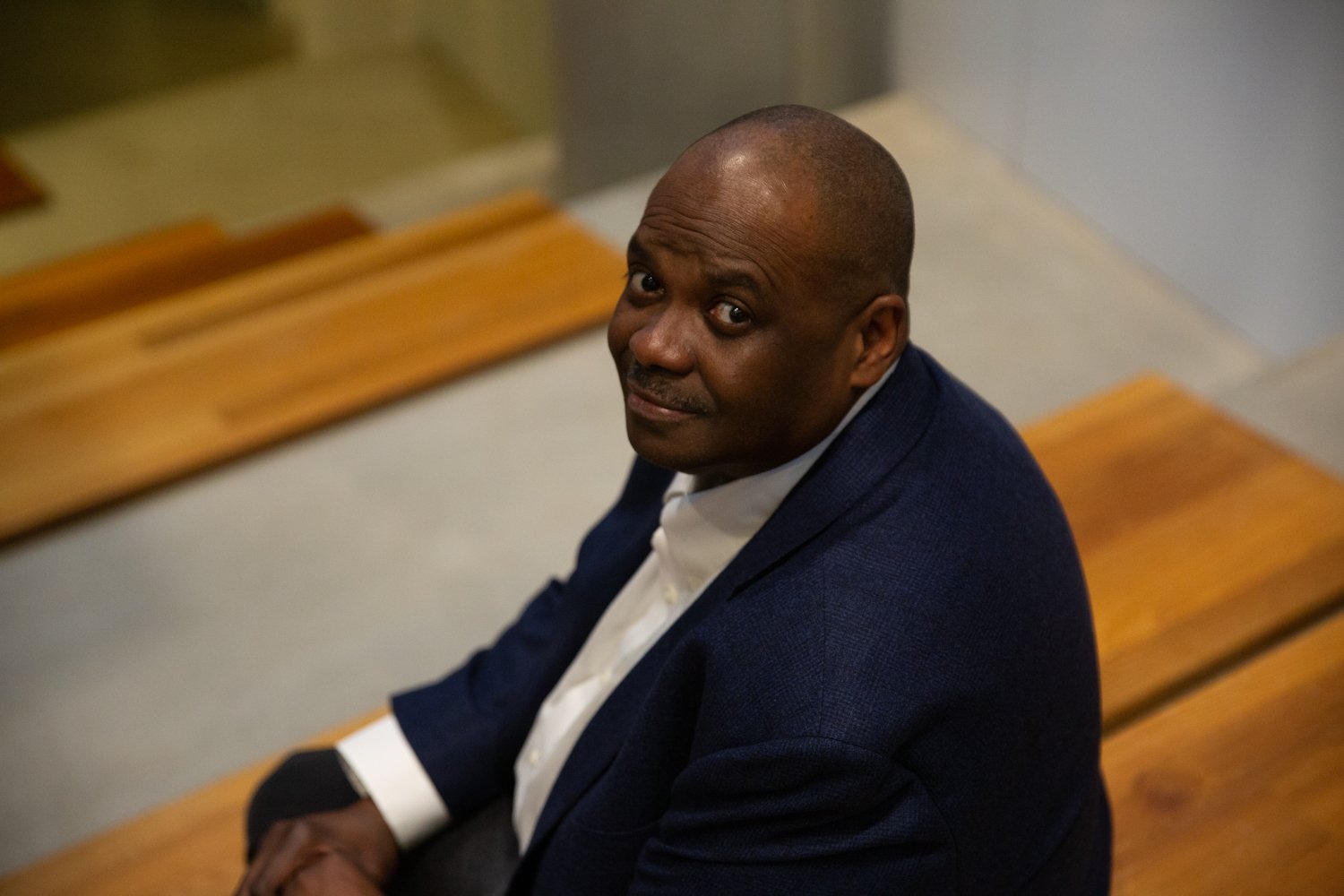I caught Dr. Handel Kashope Wright in the midst of a flurry of meetings to attend and tasks to address. Wright has spearheaded the majority of UBC's anti-racism work.
Wright is a professor in the department of educational studies who mainly teaches graduate courses on issues around multiculturalism, anti-racism and ethnography. Though he doesn’t necessarily teach the topic, he also expressed his interest in analyzing representations of continental Africa in discussions of global cultural studies.
His interest in exploring themes of identity, specifically in academia, was sparked by a culmination of his personal experiences as an immigrant originally from Sierra Leone, where he completed his undergrad before moving to Ontario.
He has lived throughout Ontario and BC and observed stark differences in ethnoracial diversity. He was particularly drawn to the larger cities – Toronto and Vancouver – where he “had friends of all races, ethnicities, sexual orientations – people from all over the world.” He spent much of his time pondering his own place in this arrangement of identities.
“I don’t think of identity as a static thing, but as a very exciting thing that changes, and keeps changing.”
He is intrigued not only by the notion of culture and identity as something to be celebrated, but as a framework we use to position ourselves and others in society.
“I think of identity as being almost three-pronged — it’s what you think of yourself, it’s what others make of you, and it’s the interaction between those things that produce your identity.”
Upon completion of his PhD at the Ontario Institute for Studies in Education, he was hired at a university in Knoxville, Tennessee, but eventually returned to Canada as a Canada Research Chair.
This position led to an invitation to create UBC’s Centre for Culture, Identity and Education (CCIE), which directs collaborative projects with the Equity and Inclusion Office and Social Justice Institute, among others. Despite the intense and time-consuming process of developing the centre, it has been a labour of love for Wright since “it brings together these two areas that excite and interest me the most, which are education and cultural studies.”
His most recent project with the CCIE is in collaboration with the Allard School of Law. Together, they are doing research on Indigenous court workers, and what these workers do to support Indigenous people who are facing legal troubles. Researchers are most intrigued by the ways this field has changed, as court proceedings shifted from face-to-face interactions used to virtual spaces, due to the COVID-19 pandemic.
Three years ago, Wright applied for the position of Senior Advisor to the President on Anti-Racism and Inclusive Excellence – which was developed by former President Santa Ono – and has held the title since then. His main task is to inform the president of issues that affect racialized groups on the UBC campus, at other institutions and within the surrounding community.
“President Ono was very interested in those issues. So rather than me advising him, very often, it was us having discussions. Sometimes he was telling me about stuff that I didn’t know was going on. It was very interesting working with him and for him.”
This position also involved participation in the Task Force on Anti-Racism and Inclusive Excellence – a group of 34 people which, according to Wright, is exceptionally large for a project of its nature. Along with the UBC Okanagan School of Social Work’s Dr. Shirley Chau, Wright co-chaired the Task Force, which put forward 54 recommendations in 2022.
Unfortunately, Wright’s achievements come with the cost of him having to sacrifice activities he used to enjoy.
“A lot of my hobbies have gone by the wayside,” said Wright, whose schedule is always fully booked by one of his countless projects or positions. During his undergraduate years, he had been heavily involved in theatre and similar artistic endeavours, even being handpicked for an elite acting troupe on campus, but that was “a lifetime ago.”
Despite his flair for the dramatic, Wright joked that “music is a sensitive topic for me ... I’m named Handel because my father was hoping I would be musical, and I’m not. I love listening to music, I love different kinds of music, but I can’t play an instrument to save my life.”
In addition to theatre, movement and travel, Wright is passionate about immersing himself in hands-on, “nitty-gritty” activist initiatives but struggles to find the time to do so.
“As a full-time faculty member, who’s also trying to be the director of an entire centre, who’s also trying to be senior advisor to the president, there’s pretty little time to do [activist] work,” he said. “But I do admire people who do work in the community.”

